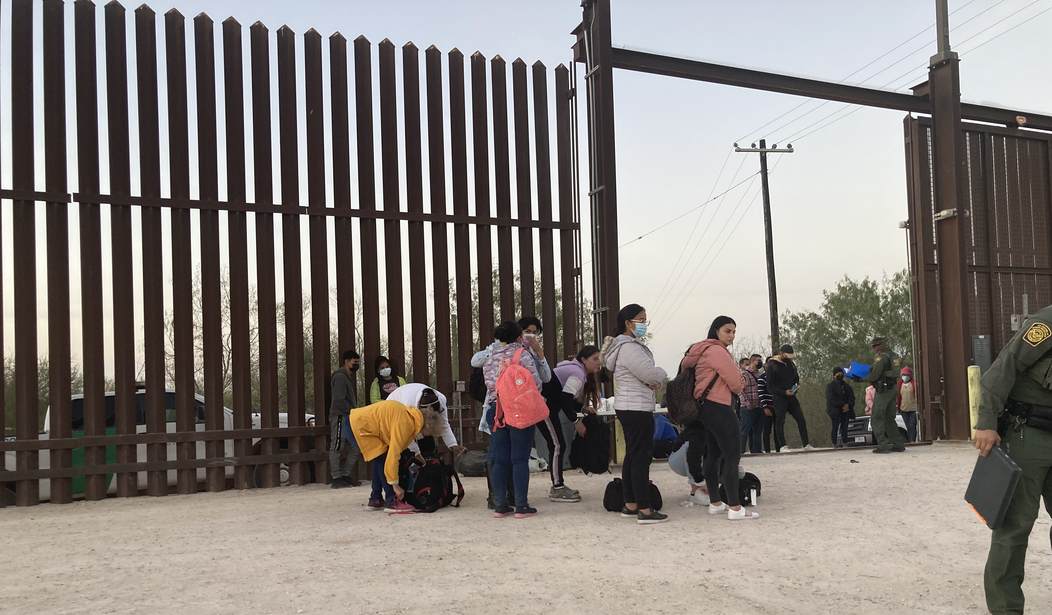The topic of birthright citizenship has once again taken center stage in the ongoing immigration debate in the United States since Donald Trump signed an executive order ending birthright citizenship for children of illegal immigrants. As the executive order notes, “The Fourteenth Amendment has never been interpreted to extend citizenship universally to everyone born within the United States.” However, thanks to a federal judge in Seattele, it has been temporarily blocked, and it is likely the issue will ultimately be decided on by the Supreme Court.
Now, a newly released preliminary report from the Center for Immigration Studies demonstrates just how consequential this issue is.
The report reveals that between 225,000 and 250,000 children born to illegal immigrants were born in the U.S. in 2023, accounting for approximately 7% of all births that year.
To put this figure into context, the report notes that the total number of births to illegal migrants is greater than the number of births in all but two states individually. It also appears that more children were born to illegal immigrant parents than to their legal noncitizen counterparts.
Fox News Digital has more:
Although not yet available, the group says that the 2024 numbers are likely to be even higher given the surge of illegal immigrants into the country under the Biden administration.
The Center for Immigration Studies says it last did a deep dive into the births of legal and illegal immigrants in the U.S. in 2018 based on an analysis of the Census Bureau's American Community Survey (ACS). The group says it was using the same methodology for its preliminary 2023 findings.
The Center for Immigration Studies notes that illegal immigrants are included in Census data but not explicitly identified. In 2014, one in five U.S. births was to an immigrant mother, with 12.4% attributed to legal immigrants and 7.5% to illegal immigrants. The Census Bureau and Homeland Security have not responded to requests for updated figures.
Recommended: Federal Workers Are 'Terrified,' and That’s a Good Thing
The Justice Department has expressed its intent to vigorously defend the executive order in court. According to a Justice Department spokesperson, "We look forward to presenting a full merits argument to the Court and to the American people, who are desperate to see our nation’s laws enforced."
Thursday’s decision by U.S. District Judge John Coughenour, a Ronald Reagan appointee, comes in response to four U.S. states — Arizona, Illinois, Oregon and Washington — who sued to block Trump's executive order, which was signed by Trump shortly after being sworn in as president.
Coughenour said Thursday that the executive order banning birthright citizenship "boggles the mind," and told the court he could not remember in his more than 40 years on the bench seeing a case so "blatantly unconstitutional."
The 14-day nationwide restraining order will remain in effect, but the Trump administration can appeal to a federal court in San Francisco to lift it temporarily to allow enforcement in the meantime while the lengthy litigation process continues.










Join the conversation as a VIP Member